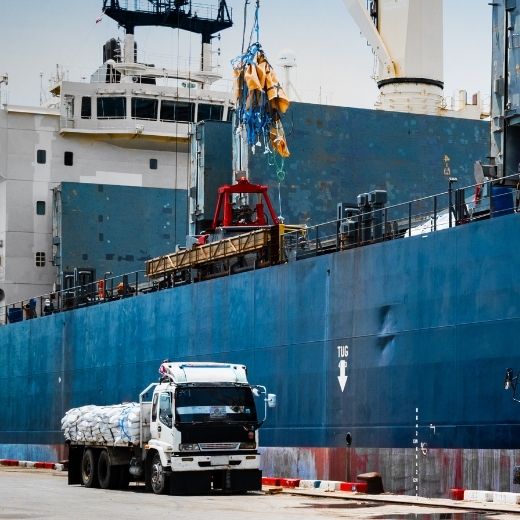Fertilizer Tariffs: The Bigger Picture for Ontario
March 25, 2022 | Suzanne Armstrong

Fertilizer is set to be costly this spring and may be in shorter supply than usual. Several factors are at play.
Tariffs on Russian Fertilizer
High among them are impact of the conflict between Russia and Ukraine on fertilizer. Already high fertilizer prices have increased further due to this conflict. Russia provided about one fifth of the world’s fertilizer exports in 2021. Russia is now urging restrictions on exports of fertilizer.
Canada has implemented tariffs on Russia and Belarus, including on fertilizer imported from those countries. According to Fertilizer Canada, 85-90% of Eastern Canada’s nitrogen fertilizer needs are normally supplied by Russia. Ontario Agri Business Association (OABA) notes that about a third of Ontario’s fertilizer needs for nitrogen and phosphate are imported, mainly from Russia.
It is unclear at the moment what will happen to shipments already purchased and departed before the tariffs were enacted. All of these factors are set to put the overall supply at risk, and tariffs will impact the price of fertilizer that arrives.
The CFFO has written in support of a request from OABA to the Canadian government not to apply the tariff to orders already placed before the tariff was implemented on March 3, and that the government ensure shipments already in transit are allowed to unload at Canadian ports.
The Case for Reducing Fertilizer Use
By all accounts, if you are considering trying methods to reduce your fertilizer use or improve efficiency, now is the season to put your plans into action. The call to stewardship is stronger than ever.
There are so many reasons to be more efficient using fertilizer this year. Less waste is always beneficial. With the high cost of fertilizer, using less will pay off more. Using less total fertilizer and losing less from the field are both wins for the environment. Now, relying less on imported fertilizer contributes to supporting the cause of those fighting in Ukraine.
However, where using less fertilizer is not possible without compromising yield, farmers also take seriously their responsibility to provide food for eaters all around the world.
The Duty to Provide Food
Food is a universal human need. The conflict in Ukraine has put significant strain on global food supplies and is likely to cause shortages in regions previously dependent on Ukraine and Russia for key staples such as wheat and sunflower oil.
As Christians, we are grieved by the suffering of so many resulting from this war. This suffering is most acute on the ground in Ukraine, but with the impact on food supplies from lack of inputs like fertilizer, to crop losses, to constraints on transportation of harvested goods, many around the world will be impacted by food shortages this year.
As Canadians, we have a moral responsibility to help meet the global food demand and minimize the human suffering that is resulting from this ongoing conflict, in Ukraine and around the world. Canadian farmers’ crops must not be jeopardized from lack of access to fertilizer or from prohibitively high costs.
Farmers are excellent stewards of all the resources under their management and care. With the many factors at play this spring, farmers’ ingenuity is again called on to meet the challenge to provide essential food, under challenging circumstances.
Suzanne Armstrong is Director of Policy & Research for the Christian Farmers Federation of Ontario. The CFFO Commentary represents the opinions of the writer and does not necessarily represent CFFO policy. The CFFO Commentary is heard weekly on CFCO Chatham, CKXS Chatham, CKNX Wingham, and CHLP Listowel.
 Skip to main content
Skip to main content